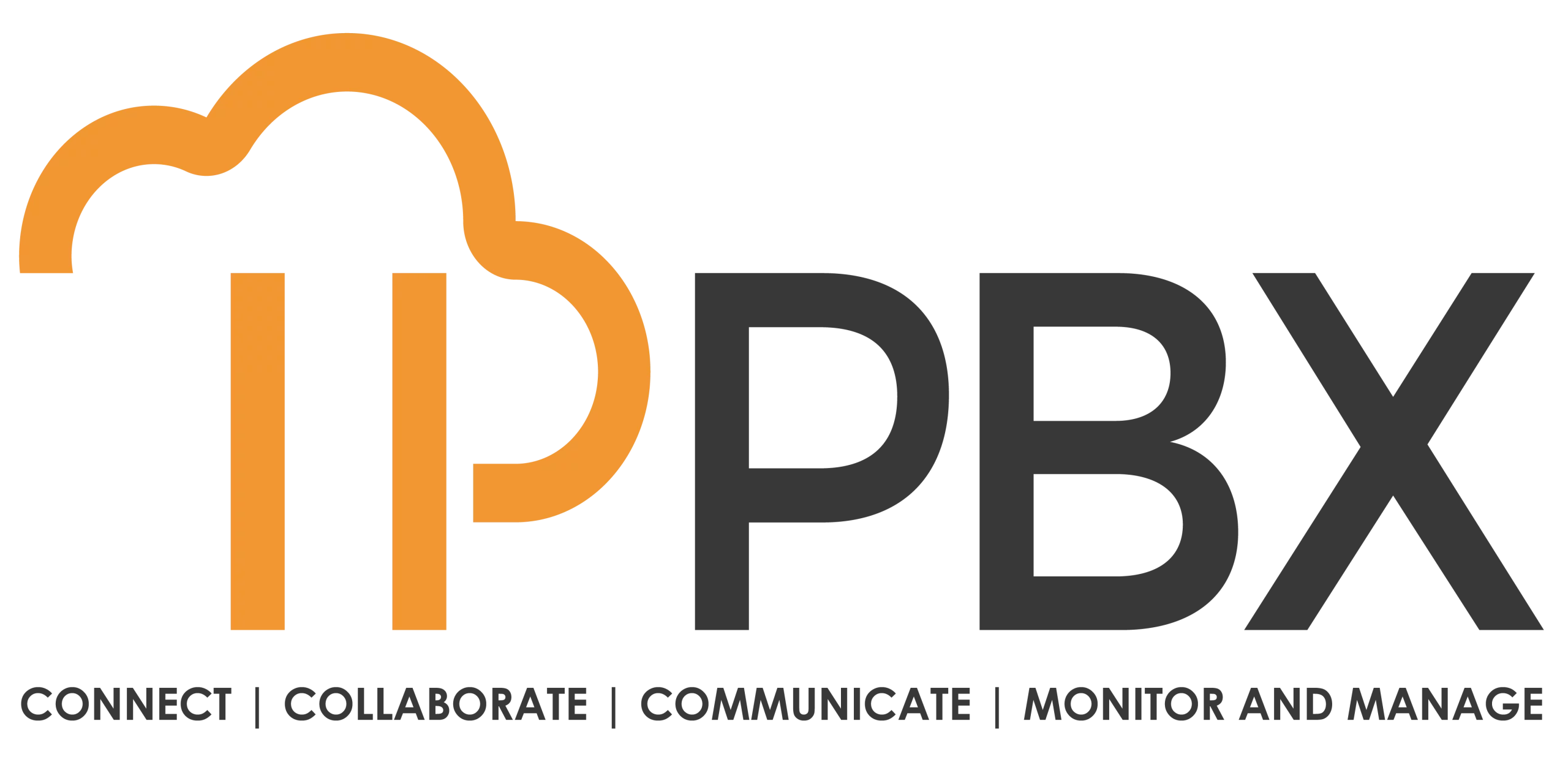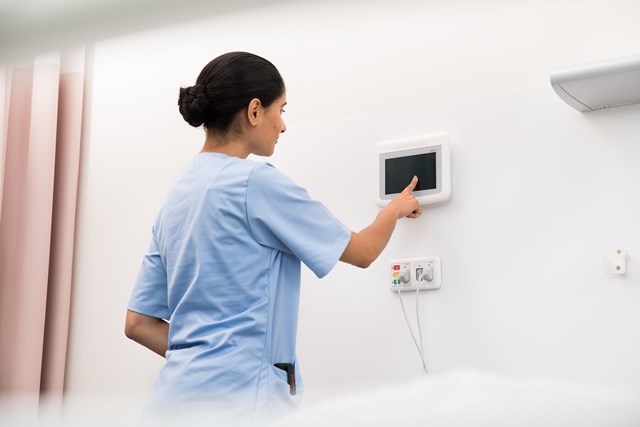In today’s fast-paced healthcare environment, hospitals are continuously seeking innovative solutions to improve patient care and streamline operations. One of the most significant advancements in this area is the Smart Nurse Call System. These systems not only enhance communication between patients and healthcare providers but also optimize workflows, leading to better patient outcomes and increased staff satisfaction. This article delves into how smart nurse call systems can effectively enhance workflow in modern healthcare settings.
Understanding Smart Nurse Call Systems
A Smart Nurse Call System is an advanced communication platform that allows patients to alert nursing staff when they need assistance. Unlike traditional nurse call systems, which merely signal a call, smart systems integrate technology that enables real-time communication, data analytics, and mobile connectivity. This integration fosters a more responsive healthcare environment.
Key Features of Smart Nurse Call Systems
Smart nurse call systems come equipped with a variety of features that contribute to workflow enhancement:
- Mobile Notifications: Nurses can receive alerts on mobile devices, allowing for quicker responses.
- Data Integration: These systems can integrate with electronic health records (EHR), providing nurses with vital patient information at their fingertips.
- Voice Activation: Patients can use voice commands to request help, making it easier for those with mobility challenges.
- Real-Time Analytics: Hospitals can monitor call patterns and response times, enabling data-driven decision-making.
The Importance of Workflow in Healthcare
Workflow refers to the sequence of processes through which tasks are completed in a given environment. In healthcare, effective workflows are crucial for ensuring that patients receive timely and appropriate care. Poorly managed workflows can lead to delays, increased stress for staff, and ultimately, compromised patient safety.
Challenges in Traditional Workflows
Traditional nurse call systems are often inefficient. Nurses may miss alerts due to noise or distractions, leading to delays in patient care. Moreover, the lack of integrated data means that nurses spend valuable time searching for patient information instead of providing care. These inefficiencies can contribute to caregiver burnout and lower patient satisfaction.
Enhancing Workflow with Smart Nurse Call Systems
Smart nurse call systems address many of the challenges associated with traditional workflows. Here are several ways these systems enhance workflow effectively:
1. Prioritized Alerts and Notifications
In a busy hospital environment, not all calls are equally urgent. Smart nurse call systems can prioritize alerts based on the severity of the situation. For example, if a patient is experiencing a medical emergency, the system can escalate the alert, ensuring that the nearest healthcare provider is notified immediately. This prioritization reduces response times and ensures that critical cases receive the attention they require.
2. Streamlined Communication
Effective communication is vital in healthcare settings. Smart nurse call systems facilitate seamless communication between patients and nurses. With mobile notifications and integrated messaging features, nurses can communicate with each other about patient needs, allowing for better coordination of care. This streamlined communication reduces the likelihood of misunderstandings and enhances teamwork.
3. Access to Real-Time Data
Smart nurse call systems integrate with EHRs, providing nurses with instant access to important patient information. This access allows nurses to prepare for interactions before entering a patient’s room, leading to more informed and efficient care. Additionally, real-time analytics can help healthcare administrators identify trends in patient needs, enabling proactive adjustments to staffing and resources.
4. Improved Patient Engagement
When patients feel empowered to communicate their needs, their overall satisfaction improves. Smart nurse call systems often include features that allow patients to provide feedback on their care experience. Engaged patients are more likely to adhere to treatment plans and report higher satisfaction levels, ultimately leading to better health outcomes.
5. Enhanced Workflow Efficiency
By reducing the time nurses spend responding to calls and looking for information, smart nurse call systems significantly enhance workflow efficiency. Nurses can focus more on direct patient care rather than administrative tasks. This shift not only improves job satisfaction for nurses but also enhances the quality of care provided to patients.
6. Integration with Telehealth Services
The rise of telehealth has changed how care is delivered. Smart nurse call systems can integrate with telehealth platforms, allowing patients to initiate virtual consultations when appropriate. This integration reduces the need for in-person visits, freeing up valuable time and resources for healthcare staff.
Case Studies: Successful Implementation
Case Study 1: City Hospital
City Hospital implemented a smart nurse call system to address chronic delays in patient response times. After integrating the new system, the hospital reported a 30% decrease in average response times. The prioritization feature allowed nurses to focus on high-urgency calls first, leading to improved patient satisfaction scores.
Case Study 2: Riverside Medical Center
Riverside Medical Center adopted a smart nurse call system that integrated with their existing EHR. Nurses found that having patient information readily available improved their efficiency and allowed them to spend more time with patients. The hospital also noted a reduction in nurse burnout rates, attributed to the decrease in time spent on administrative tasks.
Training and Implementation
While the benefits of smart nurse call systems are substantial, successful implementation requires careful planning and training. Hospitals must ensure that staff are adequately trained to use the new technology. This training should include:
- Hands-On Demonstrations: Allowing staff to practice using the system in a controlled environment.
- Feedback Mechanisms: Encouraging staff to provide feedback on the system’s functionality can help identify areas for improvement.
- Continuous Education: As technology evolves, ongoing training will be necessary to keep staff updated on new features and best practices.
Overcoming Challenges
Despite the advantages of smart nurse call systems, hospitals may face challenges when implementing them. Some common challenges include:
Cost of Implementation
The initial investment for smart nurse call systems can be substantial. Hospitals must assess the long-term benefits and consider potential funding options, such as grants or partnerships.
Resistance to Change
Healthcare staff may be resistant to adopting new technologies. Engaging staff early in the decision-making process and demonstrating the benefits of the new system can help alleviate concerns.
Data Security
With the integration of patient data, ensuring data security is crucial. Hospitals must implement robust cybersecurity measures to protect sensitive information from breaches.
Future Trends in Smart Nurse Call Systems
As technology continues to advance, several trends are likely to shape the future of smart nurse call systems:
- Artificial Intelligence: AI can analyze data from nurse call systems to predict patient needs and optimize staffing.
- Wearable Technology: Integration with wearable devices can provide real-time health data to nurses, enhancing patient monitoring.
- Interoperability: Future systems will likely focus on greater interoperability, allowing seamless communication between different healthcare technologies.
Conclusion
Smart nurse call systems are a transformative innovation in healthcare, effectively enhancing workflows and improving patient care. By prioritizing alerts, streamlining communication, and providing real-time data, these systems empower healthcare providers to deliver timely and efficient care. As hospitals continue to embrace technology, the integration of smart nurse call systems will become increasingly essential in meeting the demands of modern healthcare.

